Contents
Guide
NO MAP, GREAT TRIP: A YOUNG WRITERS ROAD TO PAGE ONE . Copyright 2019 by The Brown-Fleischman Family Trust. All rights reserved under International and Pan-American Copyright Conventions. By payment of the required fees, you have been granted the nonexclusive, nontransferable right to access and read the text of this e-book on-screen. No part of this text may be reproduced, transmitted, downloaded, decompiled, reverse-engineered, or stored in or introduced into any information storage and retrieval system, in any form or by any means, whether electronic or mechanical, now known or hereafter invented, without the express written permission of HarperCollins e-books.
www.harpercollinschildrens.com
All images courtesy of the author except for the following:
Every effort has been made to locate copyright holders. We apologize for any omissions and would be happy to correct future editions.
Cover illustration 2019 by Maeve Norton
Library of Congress Cataloging-in-Publication Data
Names: Fleischman, Paul, author.
Title: No map, great trip : a young writers road to page one / by Paul Fleischman.
Description: First edition. | New York, NY : Greenwillow Books, an imprint of HarperCollins Publishers, [2019] | Audience: Ages 8-12. | Audience: Grades 4-6.
Identifiers: LCCN 2018052592 | ISBN 9780062857453 (hardcover)
Subjects: LCSH: Fleischman, PaulJuvenile literature. | Authors, AmericanBiographyJuvenile literature.
Classification: LCC PS3556.L42268 Z46 2019 | DDC 811/.54 [B] dc23
LC record available at https://lccn.loc.gov/2018052592
Digital Edition OCTOBER 2019 ISBN: 978-0-06-285747-7
Print ISBN: 978-0-06-285745-3
19 20 21 22 23 PC/LSCH 10 9 8 7 6 5 4 3 2 1
FIRST EDITION
 Greenwillow Books
Greenwillow Books
For my father and mother
Contents

Listening in on the world from my bedroom
Im ten years old and have the glittering good luck to live across the alley from a man who works for a toy company. He needs a boy to pose for a photo in the companys catalog. In exchange, the boy can pick any one item from its pages. Am I interested in being such a boy?
Am I ever. The photo shoot takes minutes, but I spend an eternity with the thick catalog. Its like a mile-long candy counter. I dawdle for days, then finally decide on the shortwave radio.
In truth, its a kit, a collection of parts that could conceivably become a shortwave radio. The neighbor brings it over after work, but assembling it is beyond me. If my parents are less than thrilled with inheriting this task, they dont show it. Maybe theyre attracted by the challenge. Theyve recently taught themselves to lay bricks and graft trees. They clear off a table and dig in.
Theyll need a lot of tools, including a soldering iron and flux to join wire to metal. Fortunately, its 1962, an era when calling a plumber or electrician is a last resort. My aunt Dorothy has a drill press, band saw, and anvil. Of course my parents own a soldering iron.
They spend days decoding the instructions. They wind copper wire around coils, screw part X to Y, then solder CC to DD, a puff of smoke rising from the soldering irons work site.
At last the radio is finished. Im buzzing with high-voltage excitement. It has five different bands. For an antenna, my father runs a length of copper wire from the peak of the roof into my bedroom window and affixes it to the back of the set. My mother and two sisters gather around. I turn it on.
Suddenly, voices that had been whizzing imperceptibly around us are audible. We hear transmissions from a dispatcher to police cars. Then offshore fishermen talking to their wives on land.
Yeah.
Long pause.
Pretty good.
Longer pause.
Maybe Wednesday.
For some reason, we can only hear the fishermens side of the conversation. They dont talk much.
We try a different band and are plunged into a strange land of electronic beeps and burbles. We find a station that sounds like a ticking clock. Every five minutes it announces the time. Strange. We creep cautiously ahead, hear Morse code, pass through another forest of static, then make out a male voice speaking English.
That concludes the news from Radio Havana Cuba.
Weve got Cuba! The shortwave really can pick up stations from other countries.
Cuba is only ninety miles from the U.S. Can we hear something farther away? We try another band. On the hour we hear the slow tolling of a bell. Then a female voice announces, Youre listening to the foreign service of the BBC.
The British Broadcasting Corporation! My parents say that the bell is the famous Big Ben in London. Were hearing England!
Im wowed. My world until now has been Santa Monica, California: school, the beach, Los Angeles beyond. But the shortwave allows spirit travel. Later that night Im listening to Australia. Then to a Canadian Broadcasting Corporation announcer, whos reading letters sent by listeners to be shared over the air to family living beyond mail delivery in the countrys far north.
In the morning, I see written down on the legal pad by the radio the frequencies my father frequented after I went to sleep:
10:00 | 11450 | Radio Berlin International |
10:20 | 11825 | New Zealand? |
10:45 | 15165 | The Voice of the AndesQuito, Ecuador |
I put a world map up on my wood-paneled wall and stick flag pins in the capitals of countries Ive heard.
More important, I get a copy of the World Radio Handbook. This holds something crucial about stations: their addresses. Shortwave listeners send reception reports to stations, giving the date, time, frequency, the program heard, and how strong the signal was. This is useful to stations. In return, they send postcard-sized confirmations to listeners, called QSL cards. Shortwave buffs cherish their collections, especially cards from hard-to-hear stations.
I already collect coins and stamps, but QSL cards come with an added lure: getting stuff in the mail. I begin mailing out reception reports. Long weeks pass. Then the first QSL arrives. Its in an envelope that also has a station decal. Cool!
More drift in, accompanied by maps, brochures, station schedules, flags. Ive barely gotten a letter in my life, but now Im getting nearly as much mail as my parents. Radio Peking sends me a medallion engraved with the head of Chinas ruler, Mao Zedong. We get Christmas cards that year from radio stations in Indonesia, East Germany, Argentina.

A QSL card from Australia
On TV, everyone is white and either riding a horse or living happily in the suburbs. There are only three national television networks, all similar. But the shortwave opens windows onto hundreds of different cultures.
I listen to programs devoted to Caribbean music, the cricket scene in India, saunas in Finland. I like to stay up late at night and listen to Arabic music, which arrives in waves from the other side of the globe. No such music can be heard on KRLA or the other stations Los Angeles listens to.

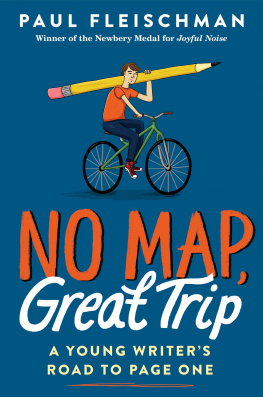

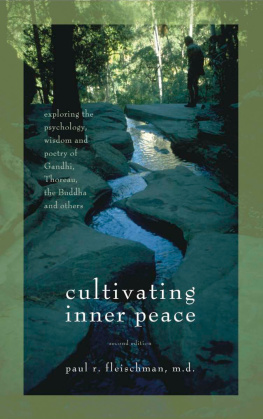

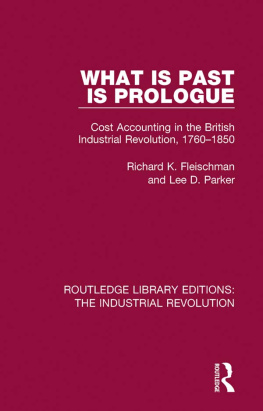
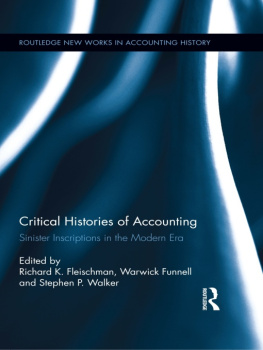
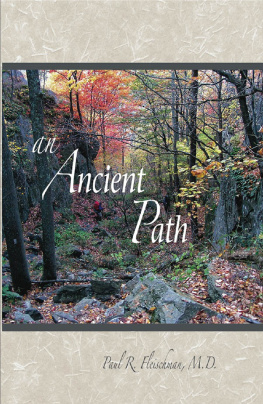

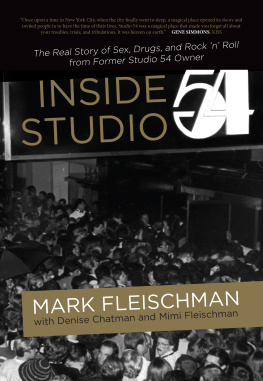


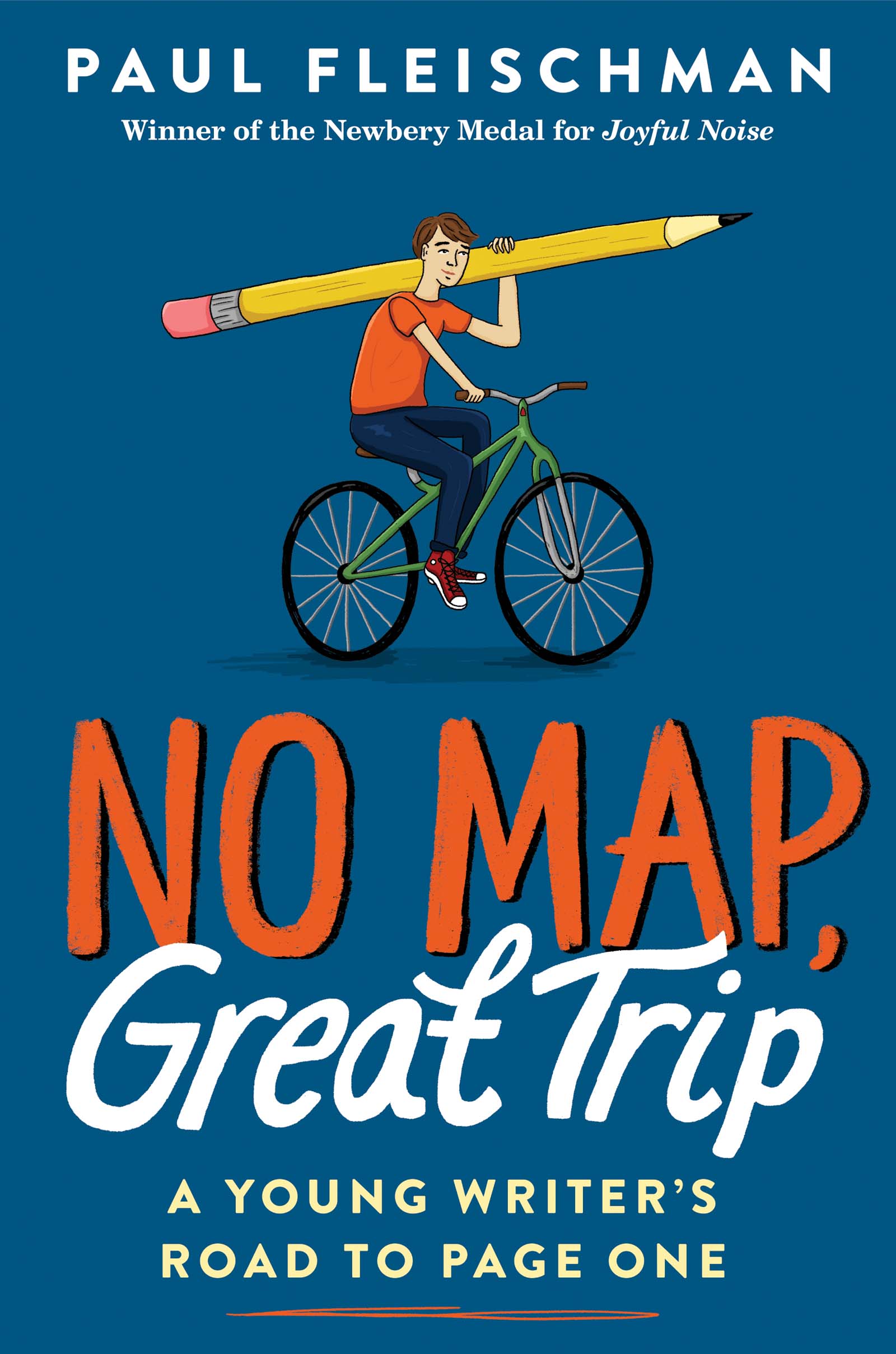
 Greenwillow Books
Greenwillow Books
